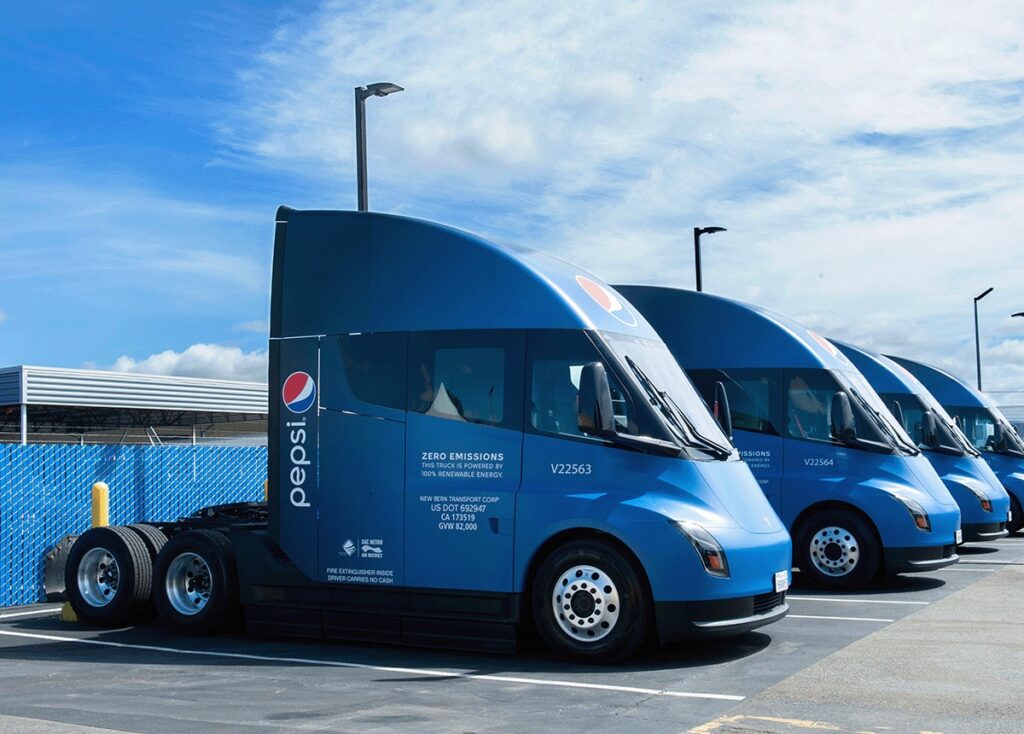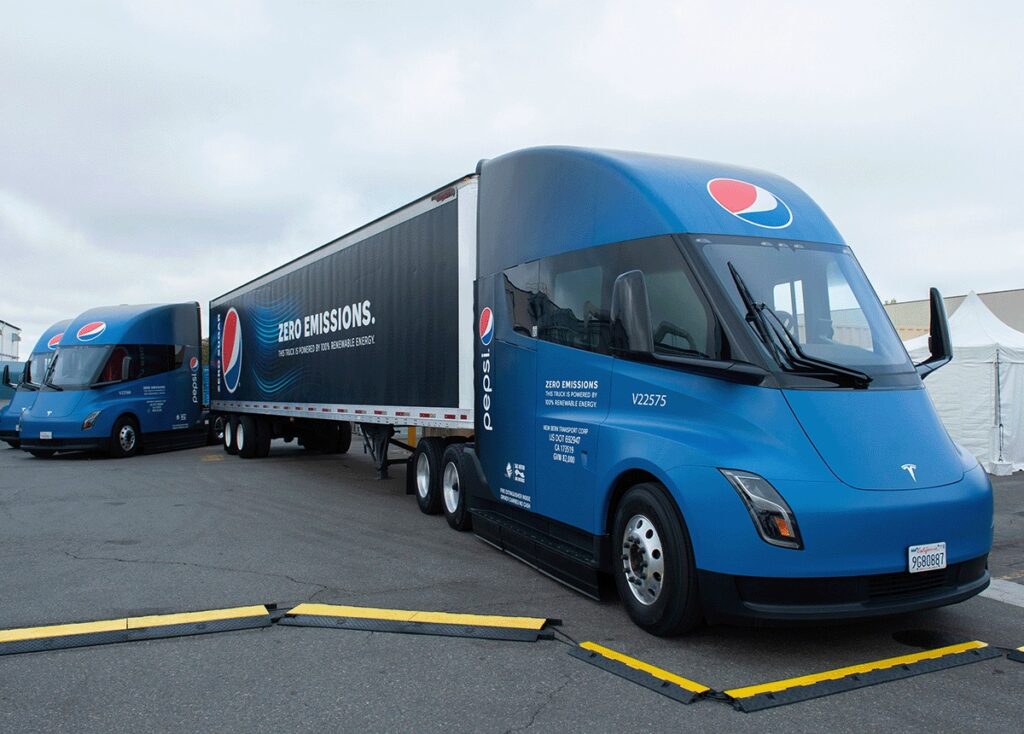
PepsiCo Migration Project …
A large-scale cloud transformation initiative aimed at transitioning Pepsi’s existing infrastructure and applications to a modern, scalable, and secure cloud environment. Pepsi Migration Project , The primary goal was to enhance system performance, ensure high availability, and improve security while minimizing disruption to ongoing operations.


Pepsi Migration Project – Detailed Overview
The Pepsi Migration Project was a large-scale cloud transformation initiative aimed at transitioning Pepsi’s existing infrastructure and applications to a modern, scalable, and secure cloud environment. The primary goal was to enhance system performance, ensure high availability, and improve security while minimizing disruption to ongoing operations.
Strategy Phase
In the strategy phase, the focus was on understanding Pepsi’s existing IT landscape, identifying pain points, and defining a roadmap for cloud migration. You played a key role in assessing the current infrastructure and aligning the migration plan with business goals. This involved selecting the appropriate cloud platforms—Azure and AWS—and defining a hybrid cloud strategy that would support both legacy systems and modern workloads. Security, compliance, and disaster recovery were prioritized from the outset, ensuring that the migration would meet industry standards and Pepsi’s internal governance policies
Design Phase
During the design phase, you collaborated with platform engineers, product managers, and developers to architect a robust cloud infrastructure. You designed the network topology, defined IAM roles and policies, and created Terraform scripts to automate the provisioning of cloud resources. The CI/CD pipelines were designed to support continuous integration and deployment, enabling rapid and reliable software delivery. Kubernetes was chosen for container orchestration, and observability was built into the system using Prometheus, Grafana, Azure Monitoring, and New Relic. The infrastructure was designed to be modular, scalable, and resilient, with built-in support for autoscaling and failover.
Implementation Phase
In the implementation phase, you led the provisioning of cloud infrastructure, configuring networking and security using Terraform. You deployed containerized applications using Kubernetes and managed the CI/CD pipelines to automate build, test, and deployment processes. You also implemented observability solutions, set up alerts and dashboards, and conducted regular security assessments to ensure compliance. Performance optimization was a continuous effort, involving the identification of bottlenecks and the implementation of autoscaling policies. You also developed and maintained incident response plans and participated in 24/7 operations to ensure system reliability and business continuity
Role and Project Scope
As a Cloud Engineer and DevOps Engineer, you were responsible for the end-to-end delivery of cloud infrastructure and DevOps automation. Your work spanned infrastructure provisioning, CI/CD pipeline management, container orchestration, monitoring, security, and disaster recovery. The project scope included migrating legacy systems to the cloud, modernizing application deployment processes, and establishing a secure, scalable, and observable infrastructure that could support Pepsi’s global operations.
Pepsi Migration Project – Summary and Conclusion
The Pepsi Migration Project was a strategic cloud transformation initiative aimed at modernizing Pepsi’s IT infrastructure by migrating legacy systems to a secure, scalable, and high-performance cloud environment. The project began with a comprehensive assessment of the existing infrastructure and the development of a cloud strategy that aligned with Pepsi’s operational goals. You played a central role in designing the cloud architecture, defining security policies, and automating infrastructure provisioning using Terraform.
During implementation, you led the deployment of containerized applications using Kubernetes, managed CI/CD pipelines for continuous delivery, and established observability through tools like Prometheus, Grafana, and Azure Monitoring. Your work ensured that the new environment was not only robust and compliant but also optimized for performance and reliability.
In conclusion, the project successfully transitioned Pepsi’s infrastructure to a modern cloud platform, significantly improving scalability, security, and operational efficiency. Your contributions were instrumental in delivering a resilient and automated environment that supports Pepsi’s evolving digital needs.


